Plenary Speakers
Plenary Speaker Ⅰ: Monday, July 18
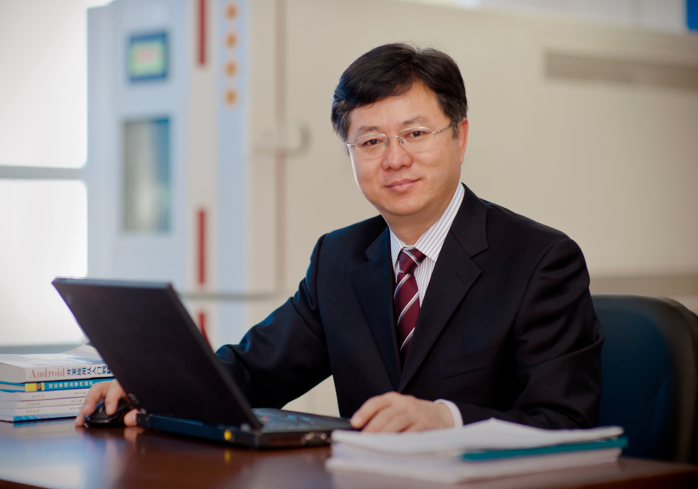
Prof. Junfei Qiao, Beijing University of Technology, China
Title: Real-time measurements of key parameters in non-stationary dynamical systems
Abstract: There exists a variety of non-stationary dynamical systems in the real world, such as the municipal wastewater treatment system and the municipal solid waste incineration systems in the field of environmental protection. With the goal of achieving efficient, stable, and green operations of these systems, the real-time information about the key variables is indispensable, including total phosphorus, total nitrogen, biochemical oxygen demand, nitrogen oxides, and dioxins, among others. Since reliable and moderately-priced real-time sensors are not available, we currently face the difficulty of how to realize the fast and accurate acquisition of those key parameters. In response to the major national needs of pollution prevention and control, our research group has been dedicating to the scientific and technological innovations for more than ten years, with the support of the Major Program of the National Natural Science Foundation of China. We have developed a new paradigm of measurements of effluent water quality parameters. After proposing a self-adaptive extraction technology of characteristic variables, we have established a self-organizing measurement model with an online self-correction mechanism. Thereafter, we have taken the lead in realizing real-time measurements of effluent water quality parameters by obtaining characteristic variables and integrating the experiential knowledge. Up to now, our intelligent measurement systems have been successfully applied in several municipal wastewater treatment plants.
Biography: Junfei Qiao, Vice President of Beijing University of Technology, Professor and Doctoral Supervisor. He serves as a member of the discipline appraisal group of the Academic Degrees Committee of the State Council, and a member of the Teaching Steering Committee of the Ministry of Education. He is a Distinguished Professor of the "Changjiang Scholar Award Program", and a recipient of the National Science Fund for Distinguished Young Scholars from the National Natural Science Foundation. He is also a winner of the New Century Ten Million Talents Project, and an expert enjoying the Special Government Allowance from the State Council. Prof. Qiao mainly focuses on the researches of computational intelligence and intelligent optimization control, self-organizing control of complex systems, and smart environmental protection. He has published more than 200 papers on prestigious journals, such as Automatica, IEEE Transactions, Acta Automatica Sinica and so on. More than 40 invention patents have been authorized by U.S. and China respectively. He has won several awards, including 1 second prize of the National Science and Technology Progress Award, and 1 first prize of Science and Technology Progress Award by the Ministry of Education.
Plenary Speaker Ⅱ: Monday, July 18

Prof. Lining Sun, Soochow University, China
Title: Research progress of micro/nano robots
Abstract: In the mid-20th century, Nobel Prize-winning theoretical physicist Richard Feynman first proposed nanotechnology. He envisioned that in the future, micro/nano scale robots would be used to treat human diseases. This kind of micro/nano robot can cut lesions through "surgery" in the human body like a doctor. However, it was not until the 1990s that micro-nano robots were really developed, thanks to the development of the semiconductor industry and micro-nano processing technology. Recently, two main research directions of micro/nano scale robots were extended: the micro/nano swimming robots and micro/nano manipulating robots. Today, these tiny micro/nano scale robots are subverting the development of traditional robots in various fields, and have become essential technologies and equipment in nano-manufacturing, life science, microphysics, and other fields. They can promote the development of critical technologies such as micro/nano-positioning, micro/nano-perception, and micro/nano-tools and solve critical scientific problems in manipulating and motion mechanisms in micro/nano environments. In general, the development of micro/nano robots is a combination of opportunities and challenges. The development trend of micro/nano swimming robots is the realization of their swarming control and softening body design; the development trend of micro/nano manipulating robots is realizing their control in an automation and high-pass quantification manner.
Biography: Prof. Lining Sun is Dean of the School of Mechanical and Electrical Engineering, Soochow University. As his current ancillary academic positions, he is the director of the Robotics and Microsystems Research Center, deputy director of the State Key Laboratory of Robotics and Systems (Harbin Institute of Technology), and director of the Jiangsu Provincial Key Laboratory of Advanced Robotics. He is an expert of the National Ten Thousand Thousand Program, a professor of "The Cheungkong Scholars Program, and a recipient of the Ho Leung Ho Lee Foundation, the National Outstanding Youth Fund. He was awarded the Russian Foreign Academician in 2022. In addition, he has served as the subject matter expert of robot and micro/nano manufacturing technology in the advanced manufacturing field of the 863 plan, the "Tenth Five Year Plan," "Eleventh Five Year Plan," and "Twelfth Five Year Plan" of the Ministry of science and technology. He has pioneered many research areas, including the research of industrial robots and mechatronics equipment, micro\nano robots and equipment for manipulation, wireless miniature medical robots, and special robots. Prof. Sun has published over 500 peer-reviewed papers, and more than 50 national invention patents have been authorized, with many scientific research achievements being industrialized. Also, he presided over more than 20 projects of the National Natural Science Foundation of China, such as the 863 Program, the 973 Program, and the National Major Project, and won two Second Prizes of National Technological Invention\State Scientific and Technological Progress, and three First Prizes of Heilongjiang Provincial Technological Invention \ Scientific and Technological Progress.
Plenary Speaker Ⅲ: Monday, July 18
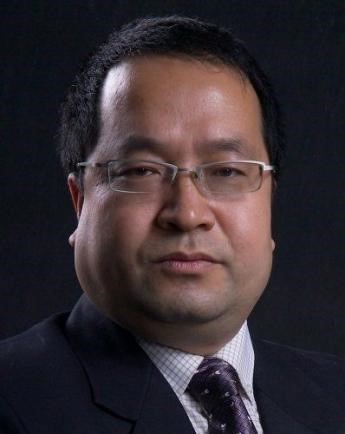
Prof. Guang-Hong Yang, Northeastern University, China
Title: Obstacle/Collision Avoidance in Distributed Optimal Coordination of Multiple Euler-Lagrangian Systems
Abstract: This talk studies the problem of obstacle/collision avoidance in distributed optimal coordination (DOC) for multiple uncertain Euler-Lagrangian (EL) systems. The main challenge focuses on the co-design of obstacle avoidance mechanism and distributed optimization strategy. To address it, a secure trajectory planning method is firstly proposed based on an online projection mechanism; then a novel safety barrier function in the closed form of path integrals is constructed whch can adaptively adjust the secure trajectory tracking error to avoid the obstacles. Based on the Lyapunov method and boundedness analysis for the barrier function, it is proved that all the EL systems can simultaneously achieve the global convergence and obstacle avoidance. In order to prevent the collisions between agents, the proposed scheme is further extended to the collision-free DOC problem.
Biography: Guang-Hong Yang received his B.S. and M.S. degrees in Mathematics, and Ph.D. degree in control theory and control engineering with Northeastern University, Shenyang, China, in 1983, 1986, and 1994, respectively. He is currently a chair professor and the dean with the College of Information Science and Engineering, Northeastern University. He is an IEEE Fellow and a Fellow of Chinese Association of Automation (CAA). Dr. Yang has been a general chair of the annual Chinese Control and Decision Conference (CCDC) since 2011, and is the Editor-in-Chief for the Journal of Control and Decision, an Editor for the International Journal of Control, Automation (IJCAS), and the Chair of the Technical Committee on Control and Decision for Cyber-Physcial Sytems, CAA. His current research interests include fault-tolerant control, fault detection and isolation, safety of cyber-physical systems, and unmanned systems. He has published 3 monographs and over 400 papers in the international journals, and is a highly cited researcher (since 2019) selected by Clarivate.
Plenary Speaker Ⅳ: Monday, July 18
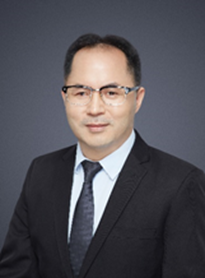
Prof. Yuanqing Xia, Beijing Institute of Technology, China
Title: Workflows scheduling in cloud computing
Abstract: Cloud computing becomes a promising technology to reduce computation cost by providing users with elastic resources and application-deploying environments as a pay-per- use model. More workflow applications have been moved or are being migrated to the cloud. Scheduling workflows turns to the main bottleneck for increasing resource utilization and quality of service (QoS) for users. In response to these challenges, we propose a Scoring and Dynamic Hierarchy-based NSGA-II (Nondominated Sorting Genetic Algorithm II) to minimize both makespan and cost of workflow execution and design a Multi-swarm Co-evolutionary-based Hybrid Optimization (MCHO) algorithm for multiple-workflow scheduling to minimize total makespan and cost while workflow deadline constraints. Furthermore, a, off-line batch workflows (DIWs) and online stream workflows (DSWs)] hybrid dynamic scheduling problem in cloud container services is considered and a scheduling algorithm (SHWSA) is proposed to minimize the cost and improve resource utilization for scheduling these stochastic hybrid workflows. Finally, we develop a cloud workflow and cloud service management platform to support the implementation and implementation of scheduling algorithms and manage workflow efficiently.
Biography: Yuanqing Xia received his Ph.D. degree in control theory and control engineering from Beihang University, Beijing, China, in 2001. He was a research fellow in several academic institutions during 2002 to 2008, including Chinese Academy of Sciences, the National University of Singapore and the University of Glamorgan, UK. From February 2007 to June 2008 he was a guest professor with Innsbruck Medical University, Austria. Since 2004, he has been with Beijing Institute of Technology (BIT), China, where he is currently a chair professor, as well as the Dean of the School of Automation, BIT. He is currently the director of specialized committee on cloud control and decision of Chinese Institute of Command and Control (CICC), a member of the 8th Disciplinary Review Group of the Academic Degrees Committee of the State Council, a member of the Big Data Expert Committee of the Chinese Computer Society, and the vice chairman of the Internet of Things Working Committee of the Chinese Institute of Instrumentation. He was granted by the National Outstanding Youth Foundation of China in 2012, and was honored as the Yangtze River Scholar Distinguished Professor in 2016 and the Leading Talent of the Chinese Ten Thousand Talents Program. He has published sixteen monographs in Springer, John Wiley, and CRC, and more than 400 papers in international scientific journals, and has been a highly cited scholar since 2014 by Elsevier. He is a deputy editor of the Journal of Beijing Institute of Technology, an associate editor of Gyroscopy and Navigation, Control Theory and Applications, Control and Decision, etc. He obtained the Second National Award for Science and Technology (No. 2) in 2011, He obtained the Second Award of the Beijing Municipal Science and Technology (No. 1) in 2010 and 2015, the Second Natural Science Award of the Ministry of Education (No. 1) in 2012 and 2017, and the Second Wu Wenjun Artificial Intelligence Award in 2018 (No. 1). More than five of his students have obtained the excellent doctoral thesis awards from Chinese Association of Automation or Chinese Institute of Command and Control. His research interests include cloud control systems, networked control systems, robust control and signal processing, active disturbance rejection control, unmanned system control, and flight control.
Plenary Speaker Ⅴ: Tuesday, July 19
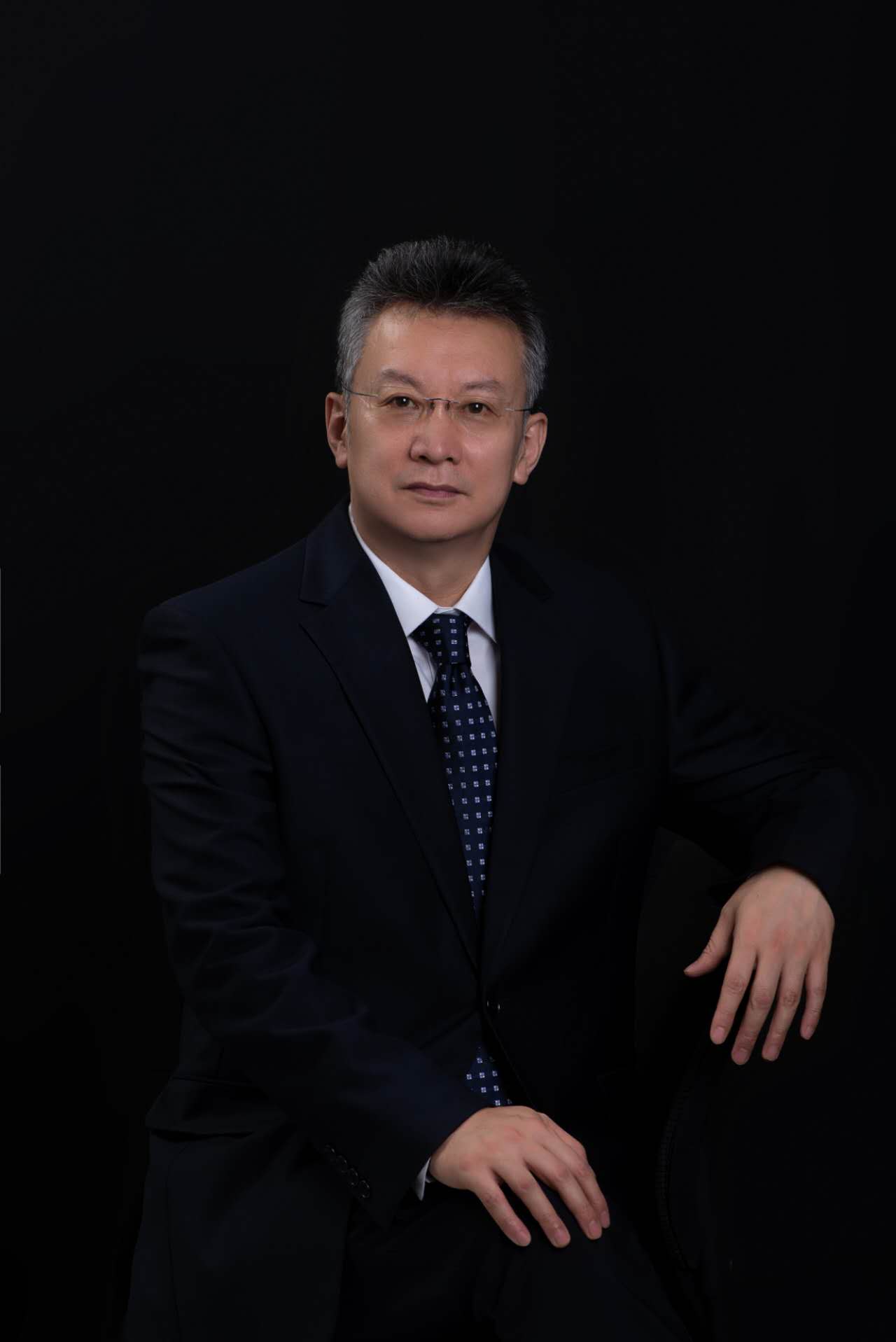
Prof. Bin Hu, Beijing Institute of Technology, China
Title: Computational Psychophysiology Based Emotion Analysis for Mental Health
Abstract:Computational psychophysiology is a new direction that broadens the field of psychophysiology by allowing for the identification and integration of multimodal signals to test specific models of mental states and psychological processes. Additionally, such approaches allows for the extraction of multiple signals from large-scale multidimensional data, with a greater ability to differentiate signals embedded in background noise. Further, these approaches allows for a better understanding of the complex psychophysiological processes underlying brain disorders such as autism spectrum disorder, depression, and anxiety. Given the widely acknowledged limitations of psychiatric nosology and the limited treatment options available, new computational models may provide the basis for a multidimensional diagnostic system and potentially new treatment approaches
Biography: Bin Hu received his Ph. D. degree in computer science from the Institute of Computing Technology, Chinese Academy of Science in 1998. He is currently a Professor and Dean of the School of Medical Technology and the Institute of Engineering Medicine, Beijing Institute of Technology, China. He is also an Adjunct Professor, the former Dean of the School of Information Science and Engineering, Lanzhou University, Lanzhou, China. He is a National Distinguished Expert, the Chief Scientist of 973 as well as the National Advanced Worker in 2020, who was elected as a Fellow of the Institution of Engineering and Technology (IET). He is a Member of the Steering Council of the ACM China Council and the Vice-Chair of the China Committee of the International Society for Social Neuroscience. He serves as the Editor-in-Chief for the IEEE Transactions on Computational Social Systems. He is also the TC Co-Chair of computational psychophysiology in the IEEE Systems, Man, and Cybernetics Society (SMC), and the TC Co-Chair of cognitive computing in IEEE SMC. He is a Member of the Steering Committee of Computer Science at the Chinese Ministry of Education, Science and Technology Commission at the Chinese Ministry of Education. His awards include the 2014 China Overseas Innovation Talent Award, the 2016 Chinese Ministry of Education Technology Invention Award, the 2018 Chinese National Technology Invention Award, and the 2019 WIPO-CNIPA Award for Chinese Outstanding Patented Invention. He is a Principal Investigator for large grants such as the National Transformative Technology “Early Recognition and Intervention Technology of Mental Disorders Based on Psychophysiological Multimodal Information”, which have greatly promoted the development of objective, quantitative diagnosis and non-drug interventions for mental disorders.
Plenary Speaker Ⅵ: Tuesday, July 19
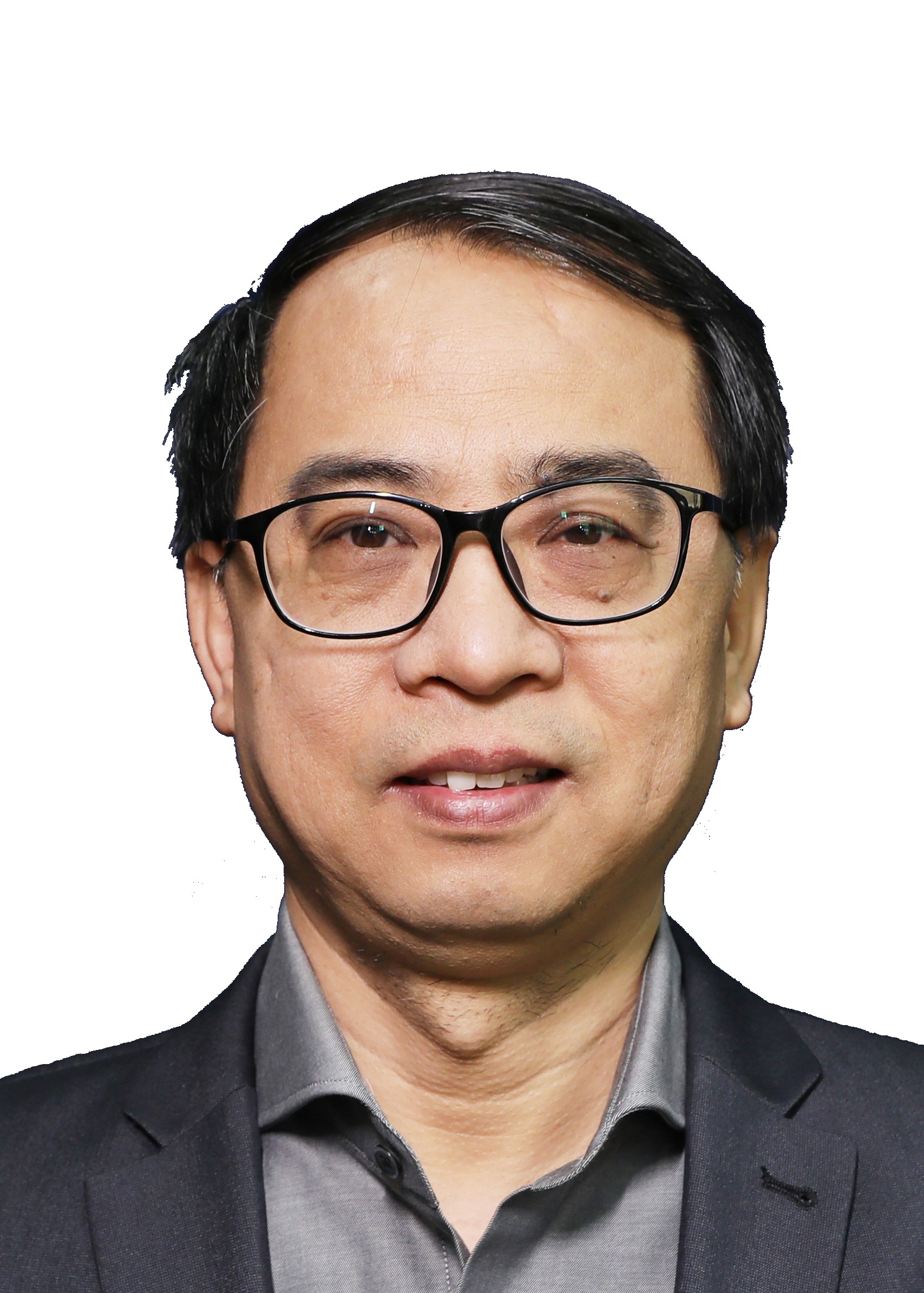
Prof. Xiaoli Li, Beijing Normal University, China
Title: The effect of mental schema evolution on mental workload
Abstract: Mental workload is the result of the interactions between the demands of an operation task, the environment in which the task is performed, and the skills, behavior and perception of the performer. However, the effect of mental schema, which reflects the level of expertise of an operator, on mental workload remains unclear. In this talk, we will address a theoretical framework for describing how the evolution ofmental schema affects mental workload from the perspective of cognitive processing. It was found that the mental schema evolution influenced the direction and change trends of the frontal theta PSD, parietal alpha PSD, and central beta PSD, which are EEG indicators ofmental workload. This suggests that EEG activity can be used to identify the mental schema and mental workload experienced by operators while performing a task, which can not only provide more accurate measurements of mental workload but also provide insights into the development of an operator’s skill level.
Biography: Dr Xiaoli Li received the B.S.E. and M.S.E. degrees from Kun-ming University of Science and Technology, and the Ph.D degree from Harbin Institute of Technology, China, in 1992, 1995, and 1997, respectively, all in mechanical engineering. From 1998 to 2009, he worked at the City University of Hong Kong (research fellow), Hannover University (Alexander von Humboldt Scholar), Germany, Chinese University of Hong Kong (post-doctor fellow) and School of Computer Science in the University of Birmingham, UK. From 2009-2011, he was appointed as professor and head of Department of Automation, at the Institute of Electrical Engineering, Yanshan University. China. Since 2011, he has been appointed as a full professor and vice director in the National Key Laboratory of Cognitive Neuroscience and Learning and a director of Center for Neuromodulation and Congitive Enhancement, at Beijing Normal University, China. He is a co-founder of International Consortium of Autism Institutes, and editors of Neurocomputing, Jounral of Neural Engineering, Frontiers in Neuroscience, Frontiers in Computational Neuroscience, BMC Neurology and Transnational Neuroscience . His main areas of research: medical device, neural engineering, computational intelligence, signal processing and data mining, monitoring system and manufacturing system. He is author of 65 Chinese patents, 386 journal papers (102 Chinese papers), 26 conference papers, 1 English book (Signal Processing in Neuroscience 2016, Springer), 2 Chinese books. More than 30 post and present research projects include National Science Fund for Distinguished Young Scholars and National Natural Science Foundation of China.

